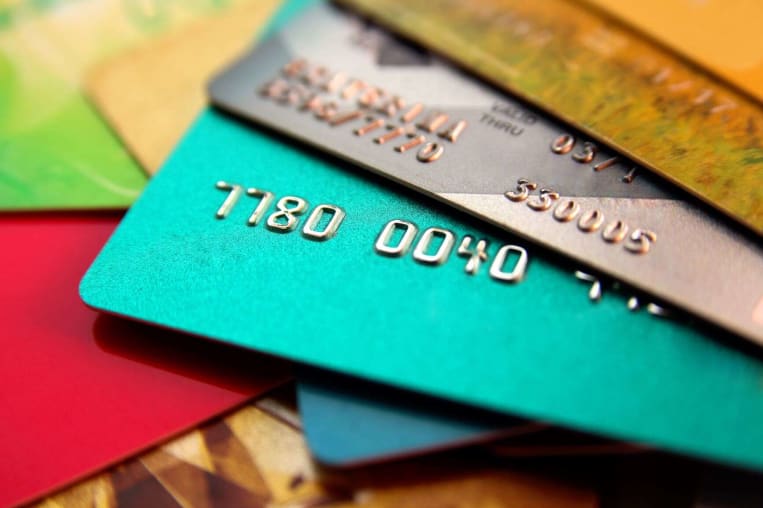
BBB Tip: Credit card scams

(Getty)
Scammers impersonate a bank or other credit card issuer in this common con. By verifying account information or offering a better interest rate, con artists try to fool people into sharing credit card or banking information. Once they have it, scammers can make unauthorized transactions or commit identity theft.
How the scam works:
Scammers reach out by phone, email, or text, claiming to be from the issuing bank or credit card company. Many begin as a “robocall” recording offering a better interest rate, updating account information to send a new card with more perks, or verifying a purchase. The promise of a ridiculously low rate may come with an upfront charge, or the scammer may ask to confirm personal information such as the credit card number, security code, and address (which can be used for fraudulent charges and identity theft).
In a different variation, a scam email or text message instructs the target to click a link to update banking information. This action can also download malware to your device, which scammers can use to steal personal information, send spam, and commit fraud.
Tips to spot this scam:
- Don't trust caller ID or unfamiliar text messages. Banking and government institutions are commonly 'spoofed' by scammers. The number may look like it's coming from a legitimate source, but it is not. Do not answer the call or respond to a text message.
- Consider how the company normally contacts you. If it’s by phone, contact the bank directly about the sudden increase in emails or texts. Banks and credit card issuers have secure communications channels that require a multi-step process to log into your account before reading messages. Be especially cautious of generic emails that include little or no specific information. Review the marketing permissions you've provided to the banking institution regarding sending emails or text messages on the banking website or contacting customer service directly.
- Check directly with the bank or credit card issuer before sharing information. Use the customer service phone number on the back of the card, a previous statement, or the company's website. Never click on any links in a text or email message.
To report a scam, go to BBB Scam Tracker.
Go to 10 Steps to Avoid Scams to learn how to protect yourself.
Still Need Assistance?
Contact Your Local BBB
Your local Better Business Bureau can assist you with finding businesses you can trust. Start With Trust®.
Additional Resources
Let BBB help you resolve problems with a business
Research and report on scams and fraud using BBB Scam Tracker
Learn more about the value of BBB Accreditation